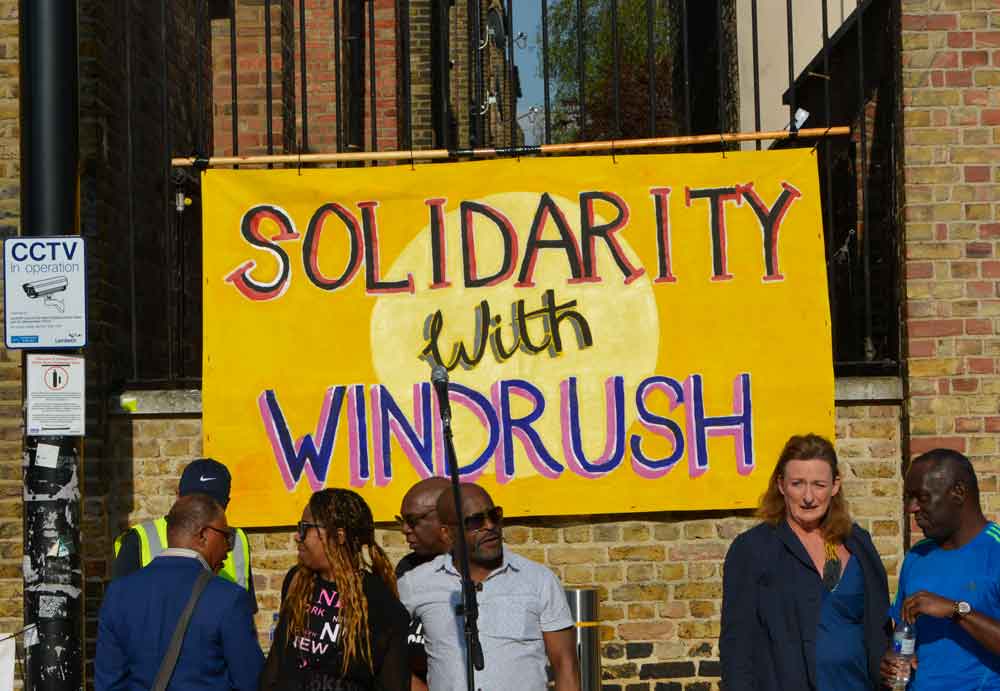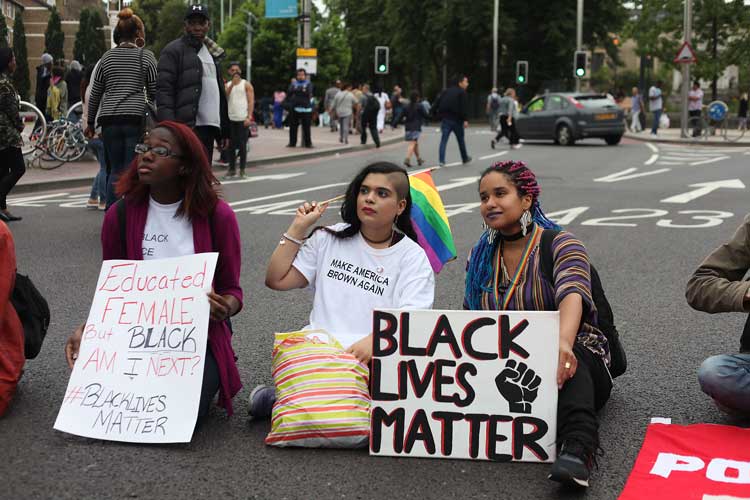
The Black Cultural Archives (BCA), based in Brixton’s Windrush Square, has quit a government working party on the Windrush scandal over the report of the Commission on Race and Ethnic Disparities.
The report has been heavily criticised for several failings, including its assertion that talking about institutional racism alienates “the decent centre ground”.
In a statement, the BCA said: “Black Cultural Archives refutes the approach and findings of the report on the basis of its poor use of data, unsubstantiated conclusions and British history inaccuracies”.
Its full response is full of scathing criticism.
In September last year, the BCA was asked to host a meeting of the Commission on Race and Ethnic Disparities (CRED). It was not asked to give evidence, nor did any of the commissioners ask to use its extensive reference library and archives.
In the same month, BCA’s managing director Arike Oke was asked, with two days’ notice, to take part in a virtual roundtable on Black history.
The BCA presented ways in which teaching and learning about Black history could be made available to all – one of its key aims.
“BCA was not briefed for this meeting and is not recorded in the report,” its statement says.
BCA says the commission’s report minimises the findings of an investigation of the Windrush scandal and undermines the work of the Cross-Government Windrush Working Group.
The report has only two passing references to the Windrush scandal and the BCA comments: “It is unclear why the scandal is not used or examined as evidence in the commission’s study”.
The BCA says the Windrush scandal investigation by Wendy Williams and its report “contains so much of relevance to the commission’s given brief, and to the conclusions that they draw on the existence or otherwise of institutional or systemic bias.

The historical context of racism is also minimised, the BCA says, adding that references to “progress” on racism “can only be considered as anecdotal or the commissioners’ personal non-evidence-based opinions”.
Their report also minimises the ongoing effects of the transatlantic trade in enslaved Africans, the BCA statement says.
Pointing out that the report’s conclusions on this are unclear because of impenetrable grammar, the BCA goes on to say: “If the intention is to suggest that the centuries of enslavement and human trafficking of Africans was culturally beneficial to either the people of the continent of Africa or to the people transported to the Caribbean, BCA’s refutation of this concept is absolute”.
The report also ignores extensive work by the BCA and others on the school curriculum, the statement says.
The report’s findings “entrench racial and ethnic disparities by dismissing the significance of race and ethnicity in the experience of people who do not have access to the mitigations of privilege.”
BCA references the work of the Stuart Hall Foundation in its Race Report, which collates and examines the previous 13 official race and equality reports between 1981 and 2018, “noting that, of the 589 different recommendations in those reports, very few have been taken up”.
It concludes: “The chosen narrative of the commission’s March 2021 report, its selective and confused approach to data collection and analysis, and its inconclusive findings undermine its own recommendations.
“BCA will include the report in the library collections at 1 Windrush Square, but we still await action for positive change for all individuals, communities and wider society.
“This report is not it.”






